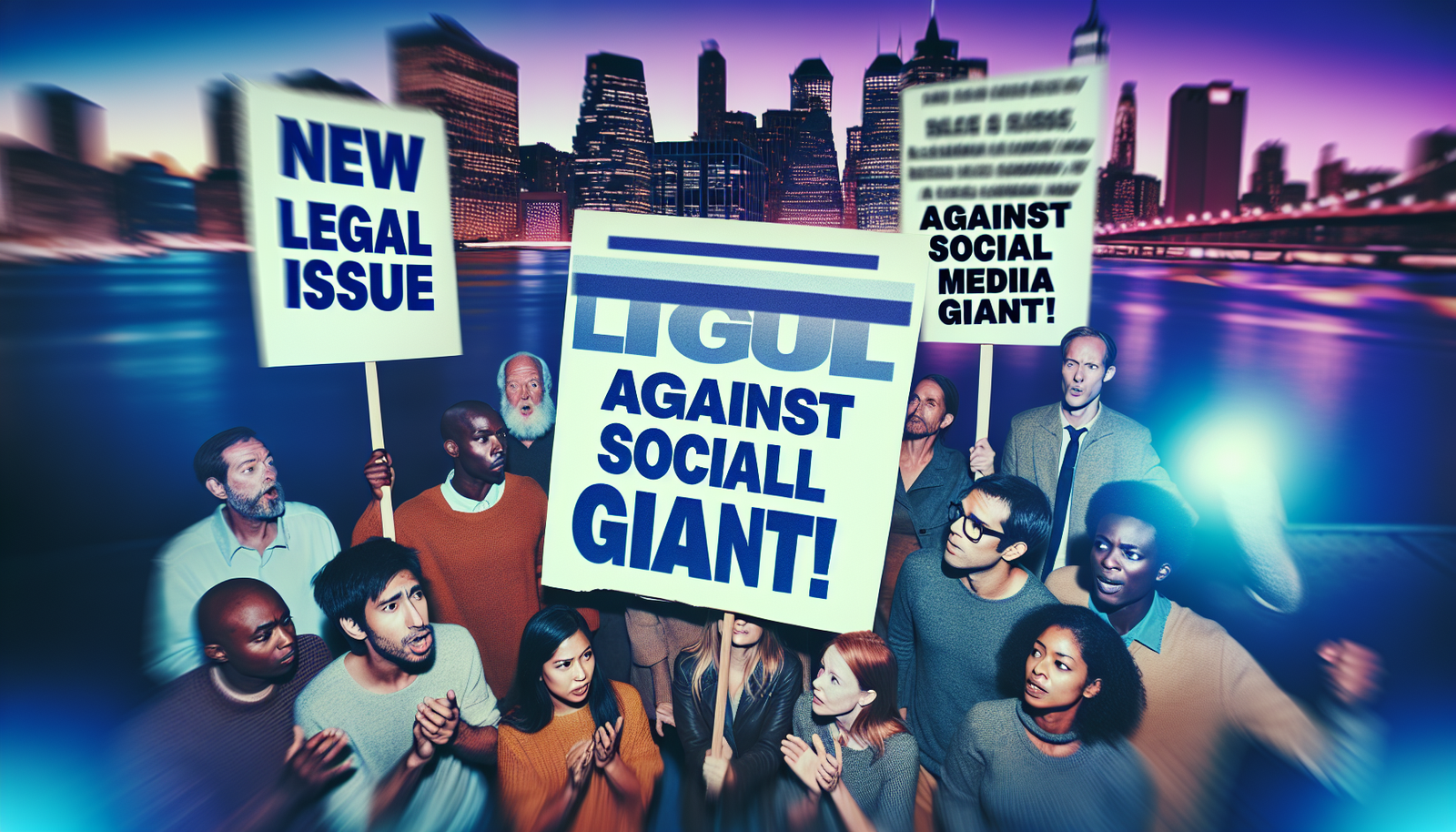A new complaint against Meta
On January 8th, documents were filed in front of a California court as part of a copyright infringement case. This legal action pits Meta against three American creators: novelists Richard Kadrey and Christopher Golden, as well as comedian Sarah Silverman.
They accuse the tech multinational of having used their works without permission and without compensation to train AI models. This situation is set against a backdrop of increasing tensions regarding Meta’s practices in using protected data.
The sources of disputes
The documents submitted to the court reveal serious abuses. Meta uploaded protected works compiled in Library Genesis, a vast repository of pirated content. LibGen, which was the target of complaints in 2023 from publishing groups, contains 33 million books and 84 million freely accessible articles.
Following a decision by the American courts last September, the platform was blocked and its creators were fined 30 million euros. The new complaint indicates that Mark Zuckerberg allegedly approved the use of this database to train the AI models, known as Llama.
“Despite apparent public availability, the underground datasets are illegal,” said a source close to the case. The plaintiffs’ lawyers assert that Meta treated this pirated data as a pass for their AI models, ignoring internal warnings.
Internal reactions at Meta
Discussions that have leaked within the company reveal concerns among some employees regarding the use of LibGen. A developer expressed that exposing this usage could harm Meta’s position with regulators.
A memo recently presented to the court by Meta’s lawyers argues that no violation of the copyright law took place. They emphasize the lack of evidence establishing the use of LibGen for training AI models.
The lawyers also highlight the principle of “fair use”, which allows for the use of copyrighted elements without permission under certain circumstances. This defense has often been invoked by AI companies, like OpenAI.
Legal background
This new lawsuit follows an earlier complaint filed in 2023 against Meta for similar violations. Judge Vince Chhabria had previously dismissed this request. Attention to these issues is intensifying as other companies in the sector, like OpenAI, also face lawsuits concerning their practices in training AI models.
The plaintiffs insist on the need for strict regulation to protect copyright in the age of generative artificial intelligence. Legislation on AI does not seem to keep pace with the rapid technological advancements, raising concerns about the exploitation of creative works.
This case has sparked a fervent debate in the digital sector, with creators continuing to demand clarifications and protections for their works. Lawsuits brought by artists against tech giants like Meta reflect an urgent need to establish clear standards regarding copyright in the field of AI.
Frequently Asked Questions about generative AI and copyright related to Meta
What is the subject of the new lawsuit against Meta?
The new lawsuit concerns accusations of copyright infringement, where Meta is accused of using protected works without authorization to train its AI models.
Who are the plaintiffs in this case?
The plaintiffs include famous American authors, such as Richard Kadrey, Christopher Golden, and Sarah Silverman.
What types of works are involved in this complaint?
The works concerned are creations protected by copyright that Meta allegedly downloaded from Library Genesis, a database of pirated content.
What is Library Genesis?
Library Genesis, often abbreviated as LibGen, is a platform known for providing access to millions of books and articles, most of which are protected by copyright, and which has been targeted by lawsuits for piracy.
How does Meta justify its use of protected content?
Meta claims it has not violated copyright law and cites the principle of “Fair Use,” which allows limited use of copyrighted works without permission.
What are the legal risks for Meta following this complaint?
Meta could face legal actions that could result in fines or injunctions, jeopardizing its image and reputation regarding legal compliance.
Is the current complaint the first against Meta for this reason?
No, it is a continuation of previous lawsuits, the first of which was filed in 2023, also for copyright infringement.
Does this impact users of Meta products?
Yes, negative implications could affect user trust, as well as potential changes in the way Meta develops its AI models in the future.
What do Meta employees say about this situation?
Internal leaks indicate that some employees were aware of the risks associated with the use of pirated data and feared it would affect the company’s standing with regulators.
What is Meta’s defense line in this case?
Meta argues that there is no conclusive evidence regarding the use of LibGen data and highlights the notion of “fair use” as justification for its actions.






